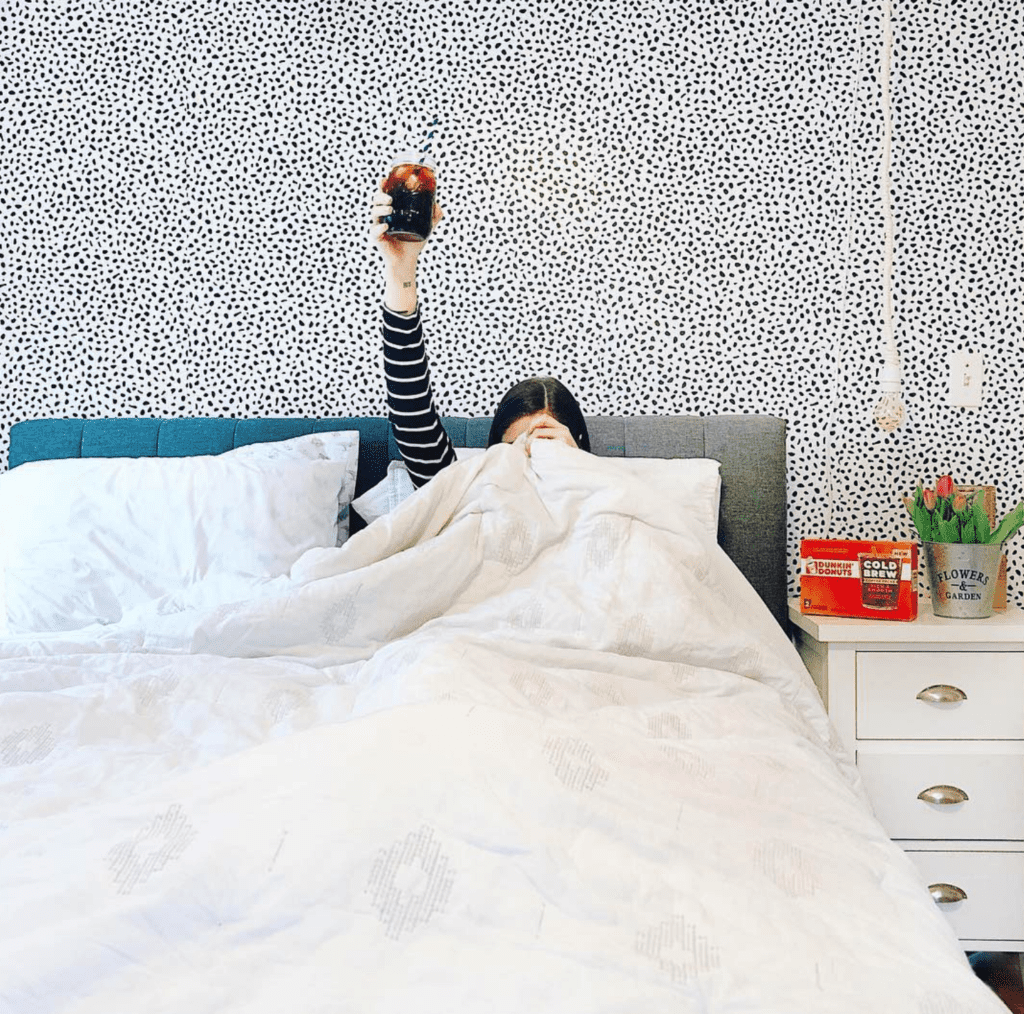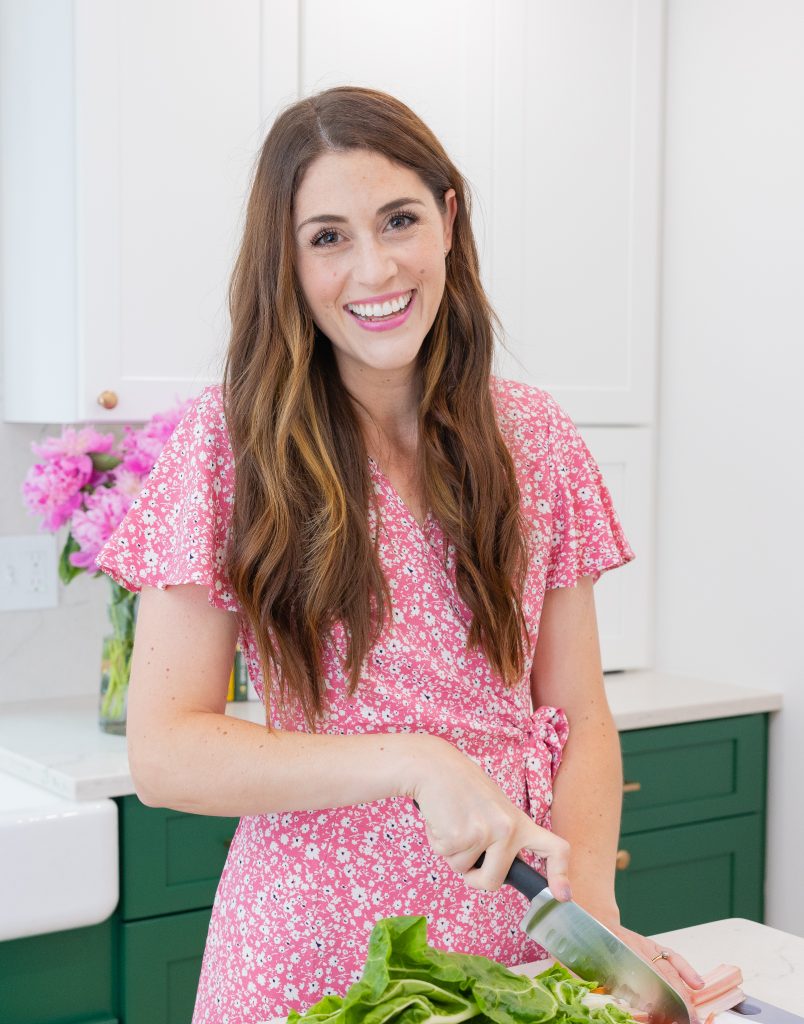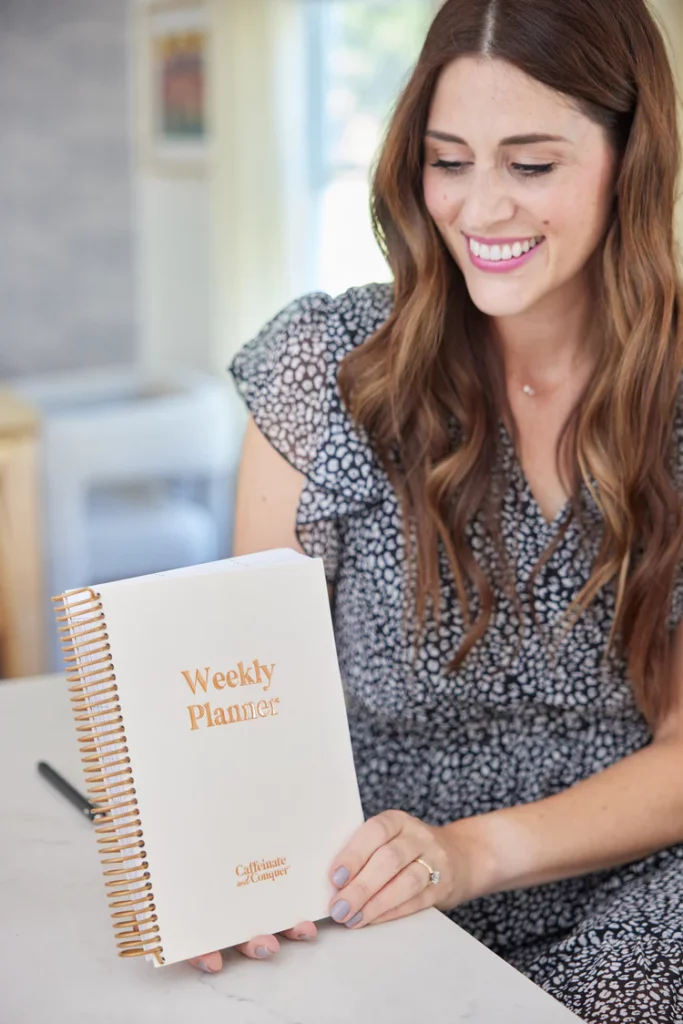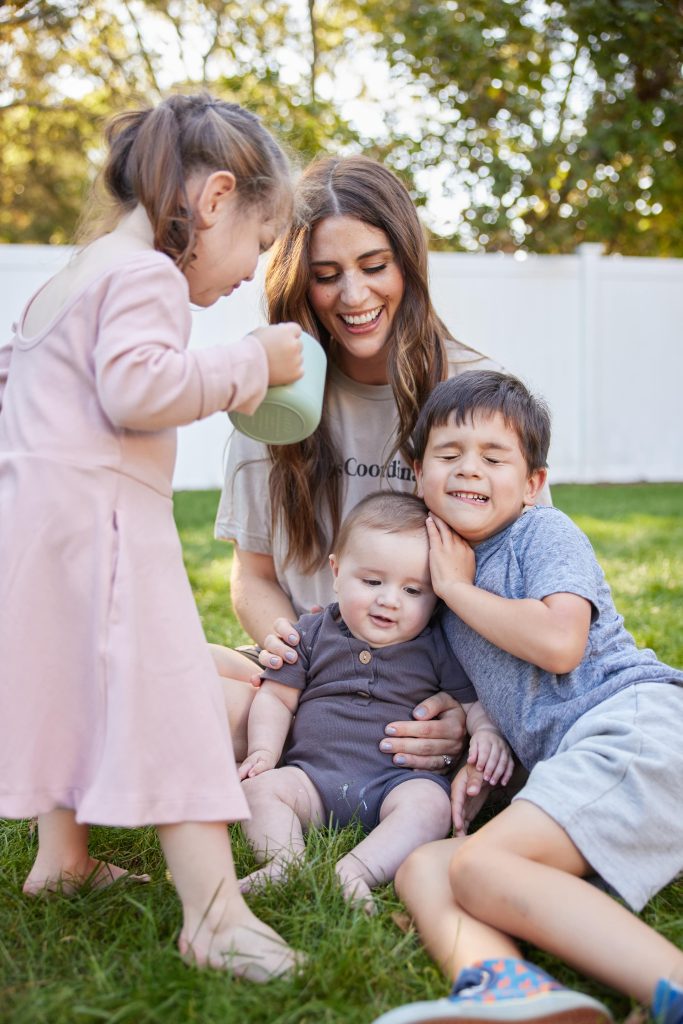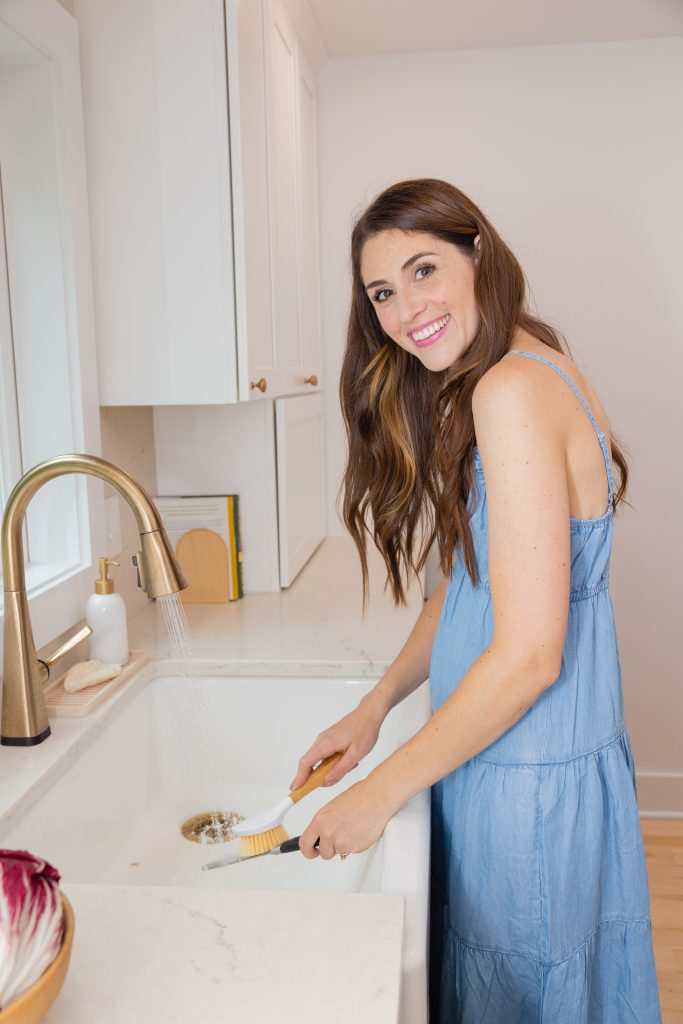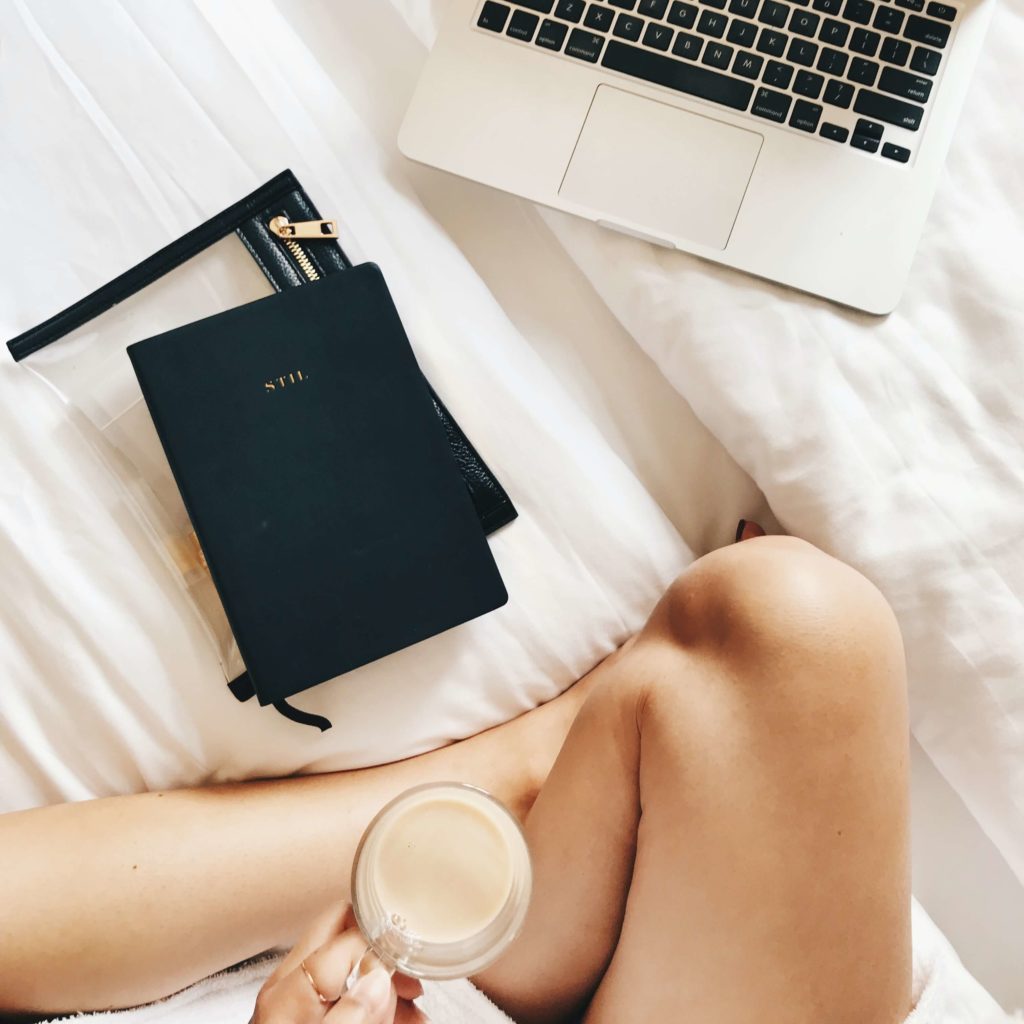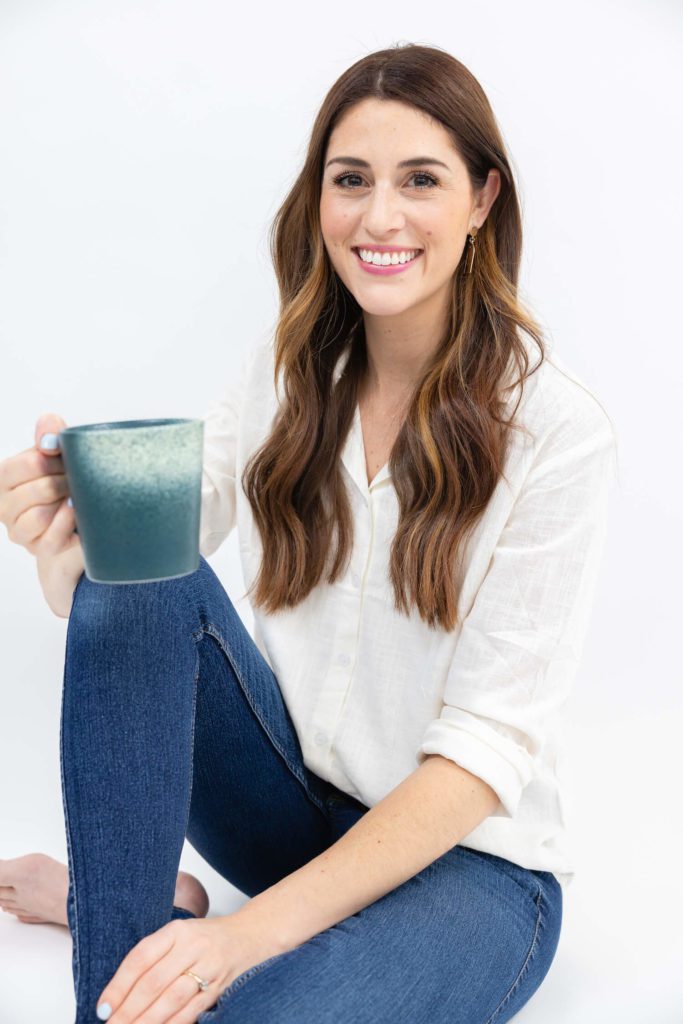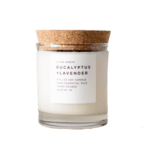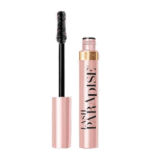The number one question I get pertaining to my pregnancy is “how are you feeling?” Now into my 2nd trimester, my answer is “Great! Except I’m not sleeping.” I have found the 2nd trimester to be much easier than the first in the case of no more fatigue and no more morning sickness. But, the one strange symptom I’m suffering from is extreme insomnia. And, I call it extreme because compared to the average pregnancy I’m getting much less sleep. I’ve gone 7 days in a row with less than 4 hours a sleep a night and had entire nights I spend wide awake. As I write this post it’s 1:54am.
Insomnia isn’t unusual in pregnancy. Many women suffer from it whether it’s from being uncomfortable (as the baby grows), strange dreams, stress, muscle cramps, the list goes on. When my insomnia first started I was only awake an hour or two each night and so I was still getting about 5 or 6 hours of sleep. Because my level of insomnia as increased to a place where I’m getting 2-3 hours of sleep, I’ve been forced to find a proper solution. I read somewhere that getting less than 5 hours of sleep every night for multiple nights in a row can make you just as unsafe behind the wheel of your car as drinking and driving. And, I’ve got to be honest I can attest to that. Last week I spent an entire night wide awake after three nights in a row of only 2 hours of sleep. Driving to work the next morning actually felt unsafe.
So, whether you are struggling with pregnancy insomnia like myself or just bad sleep in general, I’m going to share the BEST all-natural tips I have found for dealing with my insomnia.
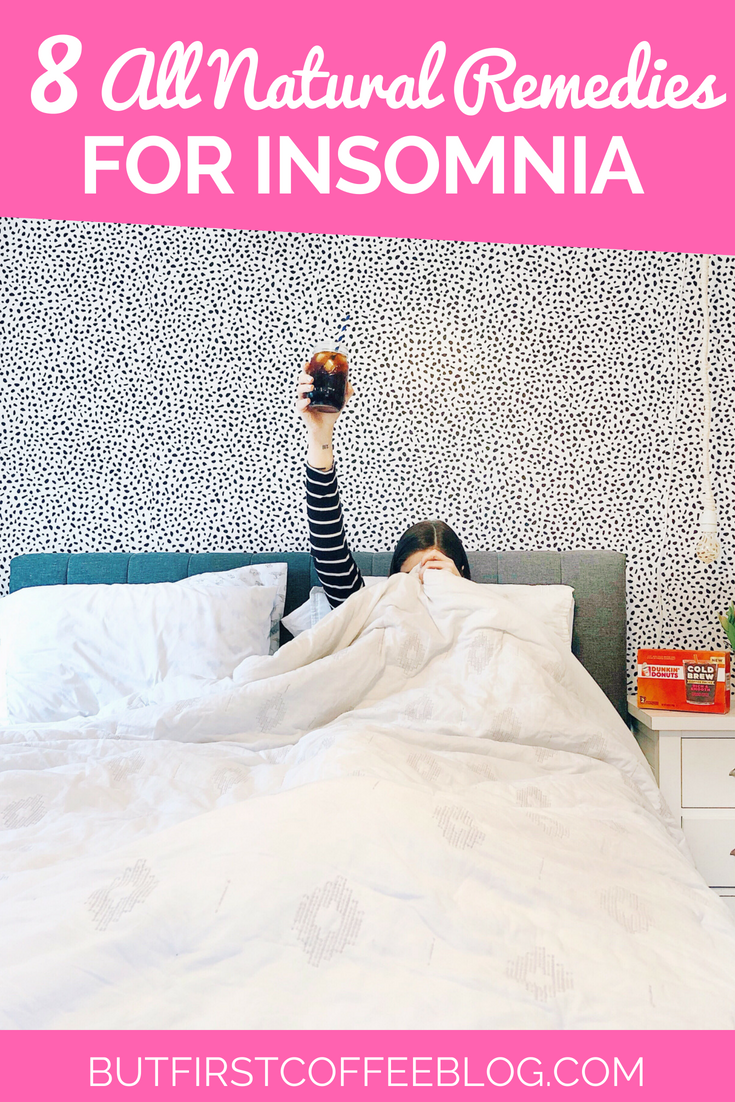
1. Take Naps
It may cross your mind to try to get AS TIRED AS POSSIBLE throughout the day so that when it’s time to go to sleep you’ll be more tired. Because of this you might push through the day and avoid napping. But, the truth is when you’re extremely exhausted your body does things to help keep you awake. One of these things is to produce Cortisol, also called the stress hormone. The Cortisol helps keep you awake through the day, but then, unfortunately also keeps you awake through the night.
So, while not allowing yourself to nap does make you more tired, your body fights this with the production of hormones to keep you up. So, consider a quick afternoon nap to catch up on sleep and avoid your body overproducing this hormone. Even a 20-minute catnap will help!
2. Go to Bed a Regular Time
Going off the idea from above, you might think staying up late will mean you’re MORE tired when it’s time to go to bed and will, thus, sleep better. The truth is, you will likely sleep the same. So, not only are you messing up your body’s natural internal clock, but you’re just setting yourself up for a night of less sleep. Get to bed at a regular time. This way even if you do wake during the night, you still had some quality sleep before/after you wake.
3. Reduce Screen Time
How tired are you of hearing this? We’ve all heard to not use our laptops or cell phones before bed. But, have you ever wondered why? I used to think it was just because they were over-stimulating and made it harder to fall asleep. And, this is partially true but the truth is, there is more science involved.
When you get close to bedtime your internal clock senses it and begins to produce melatonin which is the hormone the helps you sleep. Screens like cell phones and TVs emit a unique blue light that has been proven to actually decrease our production of melatonin. This will make it harder for us to fall asleep. So by cutting out screen time before bed, you’re helping your body produce the helpful melatonin that helps you sleep.
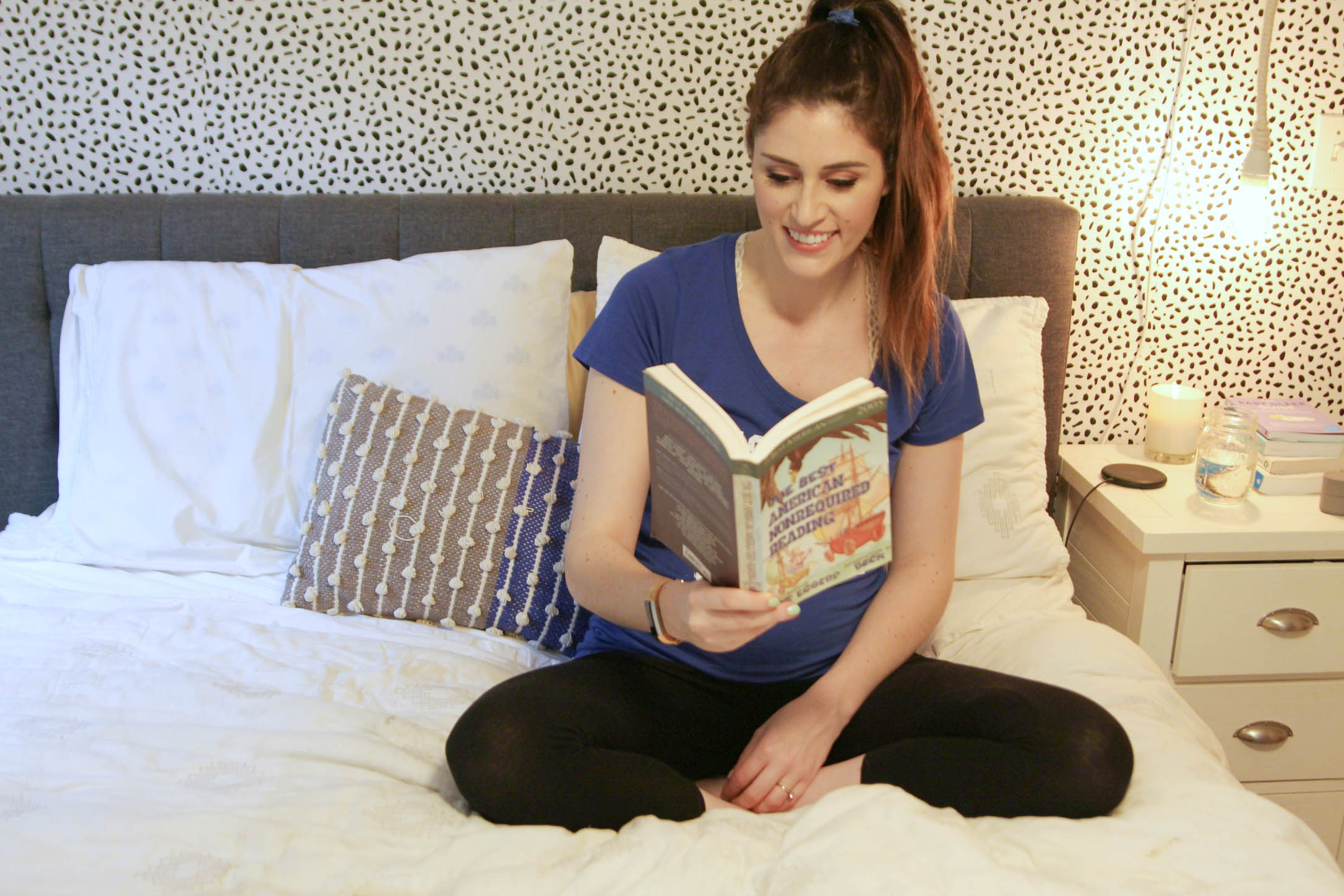
4. If You Wake Up Get Up
When I first started struggling with insomnia I fought it. I’d lay in bed annoyed and how much sleep I was losing. I’d roll around in bed keeping Michael awake and not getting any more tired. Finally, I learned that it’s better to just admit that I was awake and get out of bed. I’d go to the living room and work on a task. Sometimes I’d do a 30-minute yoga routine, read a book, or log onto my computer to do work (which I know contradicts #3 but you have to find the balance that works for you). Sometimes it would take 15 minutes for me to get tired and sometimes it would take 3 hours. But, once I felt sleepy again I’d return to bed and usually fall immediately back to sleep.
I think the act of doing something not only helps reset my head so I’m not focused on the insomnia, but it also helps to use energy helping me get tired again. So, instead of wasting hours rolling around in bed frustrated, I get up, get out of bed, and go get something done.
5. Get Active
Exercise is often touted as a great way to improve sleep. While it’s not a surefire trick for me, I do find that being active improves my overall health which in turn helps me sleep. I also find that being active usually encourages me to spend more time outside getting fresh air and sunshine. This outdoor time can help to make me feel more tired and ready for rest at the end of the day.
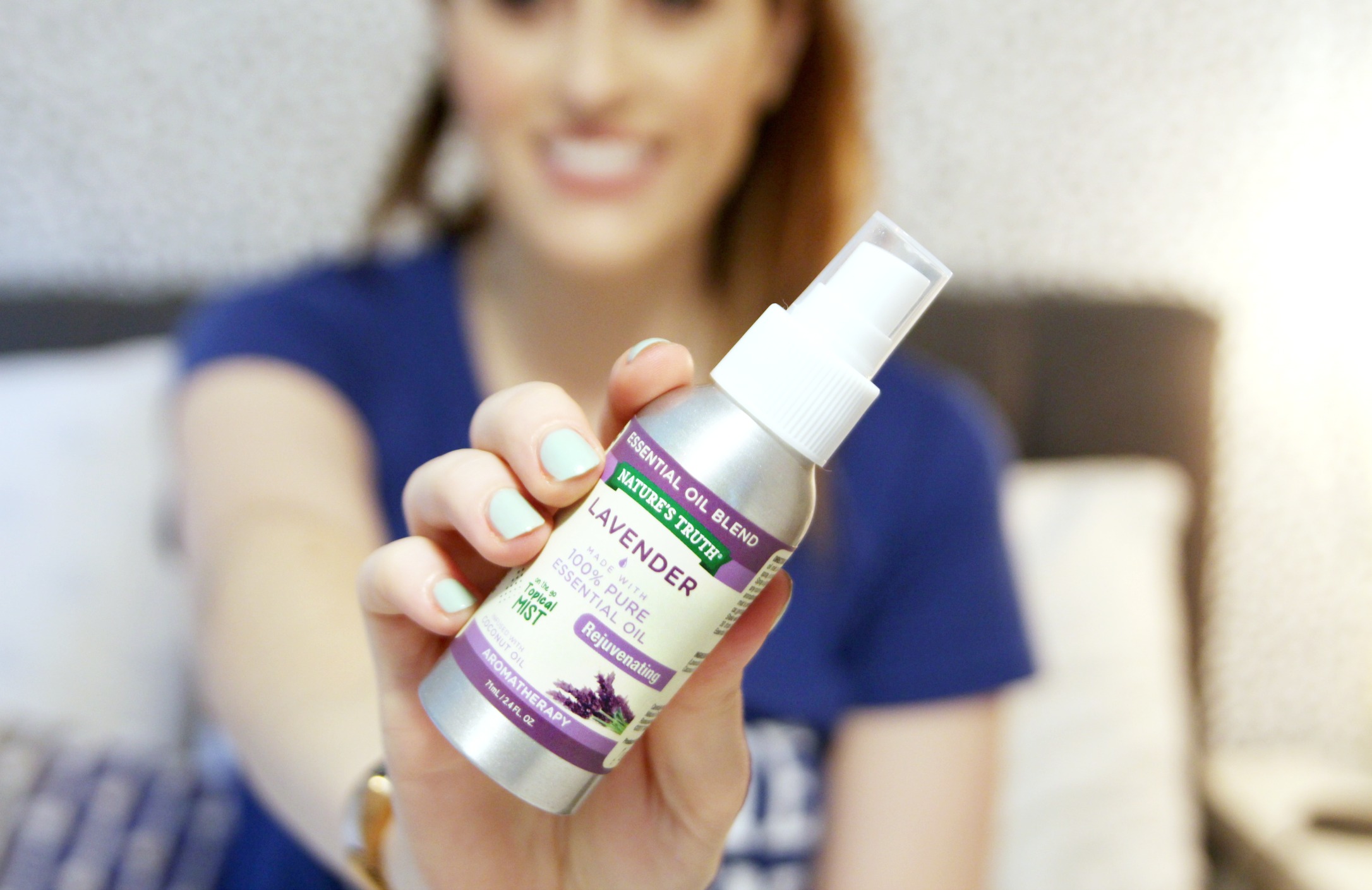
6. Try Essential Oils
I use lavender essential oil every night. I spray it on my pillow before bed and it helps me fall asleep. Lavender is most well-known for its sleep-inducing properties and has been used to help with sleeping for a long time. It’s definitely not a cure-all but can be helpful if you’re having trouble falling asleep when you first lay down. It doesn’t necessarily help me sleep LONGER but using lavender may help you doze off initially.
There are other essential oils and vitamins that are also touted to help with sleep. Many people suggest taking Melatonin (not OK if you’re pregnant.) My mom SWEARS by White Chestnut Oil. Others say additional essential oils like Chamomile, Bergamot, and others also help induce sleep.
7. Consider You Diet
If you’re struggling to sleep taking a look at what you eat may help shed some light. Just like with most things in our body, what we eat plays a huge role. I’m no nutritionist but I try to make sure I’m eating a well-balanced diet. This means getting in good fats, nutrients, the right amount of carbohydrates etc. It also means not having too much sugar or caffeine. Eating well fuels my body and makes sure I’m not left feeling hungry at bedtime. And, too much sugar and caffeine will obviously make sleep harder. Being pregnant I’m not drinking a lot of caffeine as it is, but as a rule of thumb avoid any caffeine after 12pm. I also avoid anything high in sugar late in the day as well.
8. Try Podcasts, Sleep Stories, or Audiobooks
I have a few go-to podcasts and audiobooks on my phone to help me sleep. These are things that are interesting enough to listen to that my mind doesn’t wander off, but not TOO interesting that I can’t doze off while listening. The narration is enough to give your brain something to concentrate on and can help you fall asleep. This is especially good if your problem falling asleep if an overactive mind. My best suggestions are science or history podcasts or audiobooks because, again, they are interesting but not TOO thrilling like a murder-mystery that you can’t fall asleep while listening.
Another thing you can try are sleep stories. Phone apps like Calm offer sleep stories. These are basically audiobooks, but they are short (about 30-40 minutes) and designed especially for falling asleep. The narrator has a SUPER calming voice and the story is usually set up to help you shut off your brain and fall asleep.
There you have it! I hope these insomnia tips and tricks help you out. Whether you’re suffering from chronic insomnia or just need help sleeping every once and a while, these are the tips that truly work for me. If you have any other great suggestions for sleep, let us know in the comments!


